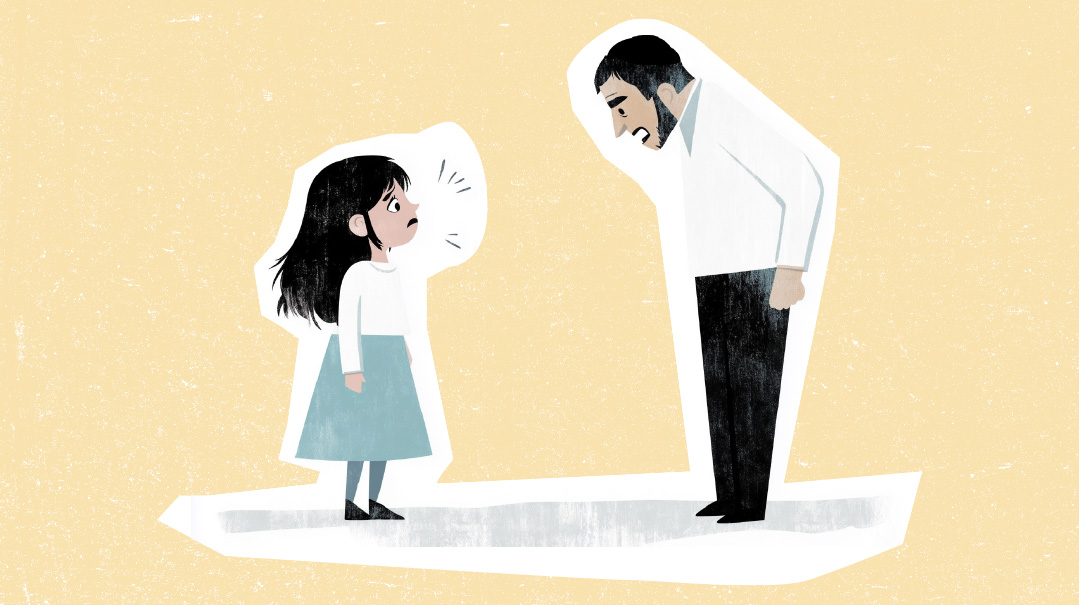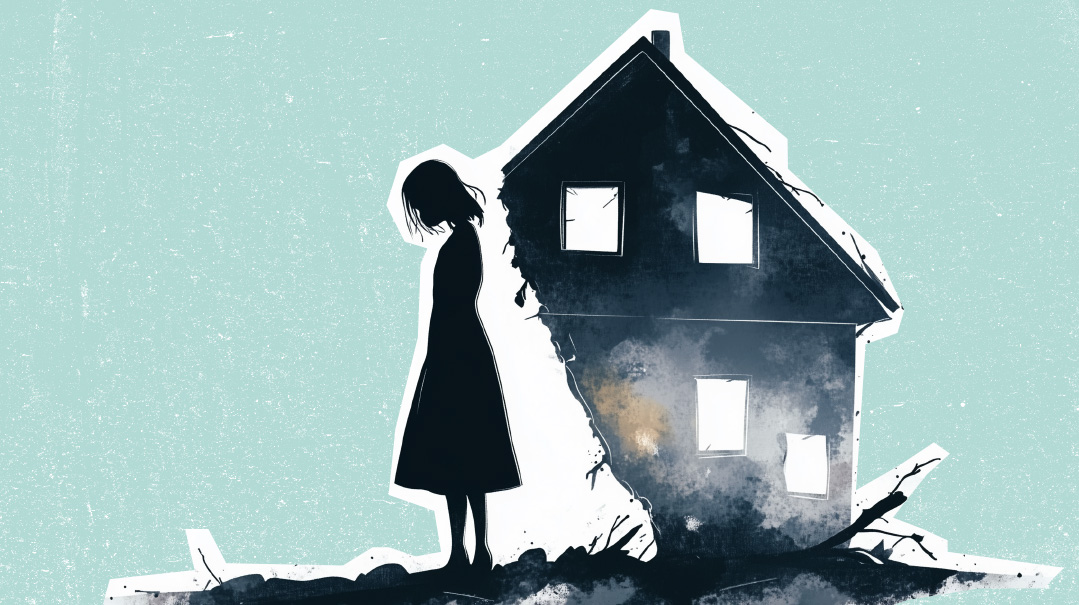“I Want My Mother to Go to Therapy, but She Won’t”

You don’t have to rely on your mother’s healing in order for you to heal

Q
I’m a 34-year-old woman with a beautiful family, a satisfying career, and good friends. However, I’ve never felt happy. I know this is because of my difficult childhood, particularly my troubled relationship with my mother. I’ve asked my mother to go to therapy to work on her issues, but she doesn’t want to. I feel it will be very healing for both of us if my mother would explore her feelings and discover why she was always so angry. It would mean so much to me if she could acknowledge the hurt she caused me when I was growing up.
My therapist told me that she thinks my mom may have a personality disorder. She said that people like this rarely get better, even with therapy. Is that true? And if so, how will I ever be able to get over my pain?
A
IT seems to me that you came out of childhood with many strengths despite the pain you experienced — or possibly because of it!
Nonetheless, you point out that you’re plagued by chronic emotional pain and agitation. You believe that if you could develop a positive relationship with your mother, you would heal.
True healing works differently.
The conclusions you drew in childhood about yourself, intimate relationships, and life itself reside within you. The feelings that arise out of these conclusions are similarly embedded in your nervous system. For example, the conclusion you might have drawn as a child who was the frequent target of her mother’s rage might have been “I’m bad” or “I’m unlovable.” The feelings that stem from such conclusions and permeate your being may be despair, self-alienation, sadness, and hopelessness.
But your middle-aged mother’s healing journey can’t in any way penetrate your neural networks to rewire them with healthier messages. Moreover, even if your mother started treating you in the most loving fashion today, the conclusions you drew long ago in childhood are now part of the architecture of your brain. They can certainly be dismantled, but only by you. To recreate brain structures — the complex circuit of neural networks — you must enter the deepest recesses of your own psyche to do the inner work that will build new networks.
This kind of healing normally involves much more than new cognitive insights, behavioral experiments, or other forms of analysis. Since much of the damage resides in dissociated structures within the subconscious mind, the therapeutic work normally occurs there. There are personal therapies that go beyond the goal of understanding what happened and why we feel the way we do into the realm of rewiring and reprogramming the brain to create a healthy sense of self. You might consider looking for such therapy (inner child work, mind/body work, trauma therapies, and others) to help you reach a state of happiness and well-being.
Each person reacts to their environment through the lens of their own mind. A child who is mistreated is almost always hurt by the experience, but the intensity varies from person to person. For instance, a child who has a genetic loading for depression and/or anxiety may react to a raging parent with more grief and pain than one who was born with a generous dose of hardy happiness genes. We oversimplify matters when we assume that poor parenting is the total story behind our lifelong malaise; often our own vulnerable nature plays a large role in the degree to which we will suffer.
As such, a multidisciplinary approach to our own healing may be helpful. There are, after all, plenty of people with loving parents, who suffer from low mood, anxiety, and internal agitation. These tendencies also lead us to draw more negative conclusions, which leads to a more negative internal emotional landscape. Addressing our biology along with our psychology often leads to the most powerful transformation.
The good news is that you don’t have to rely on your mother’s healing in order for you to heal. Keep in mind, too, that your therapist can’t diagnose someone she’s never met, and therefore you don’t have to worry that your mom is “incurable.” In any case, with the right therapy, people with personality disorders can improve.
Finally, consider the fact that therapy isn’t for everyone and it’s certainly not for someone who doesn’t want it. Your mom can continue to grow and heal even if she never meets a therapist. And you can continue to grow and heal no matter what your mom chooses to do.
(Originally featured in Family First, Issue 857)
Oops! We could not locate your form.





